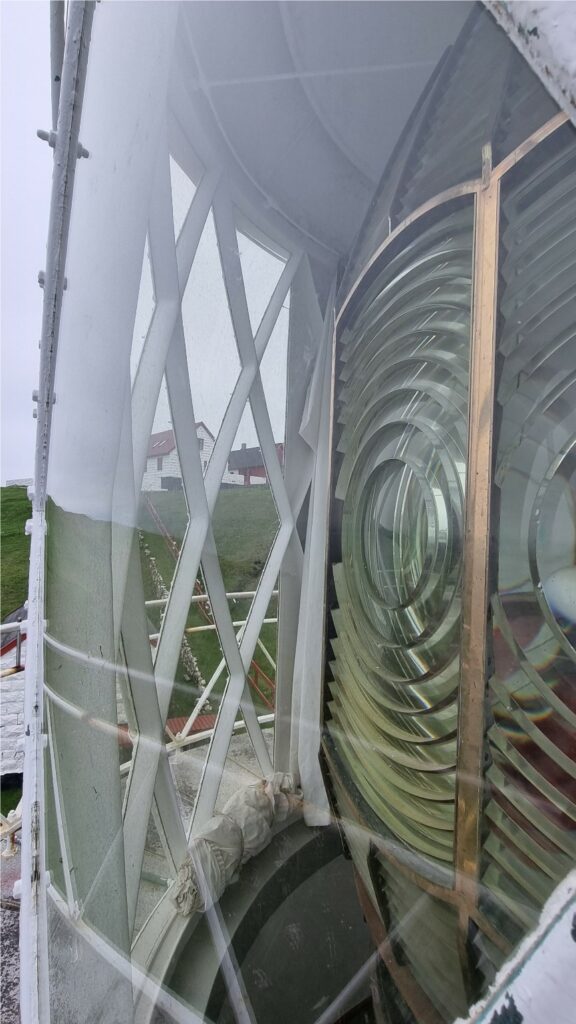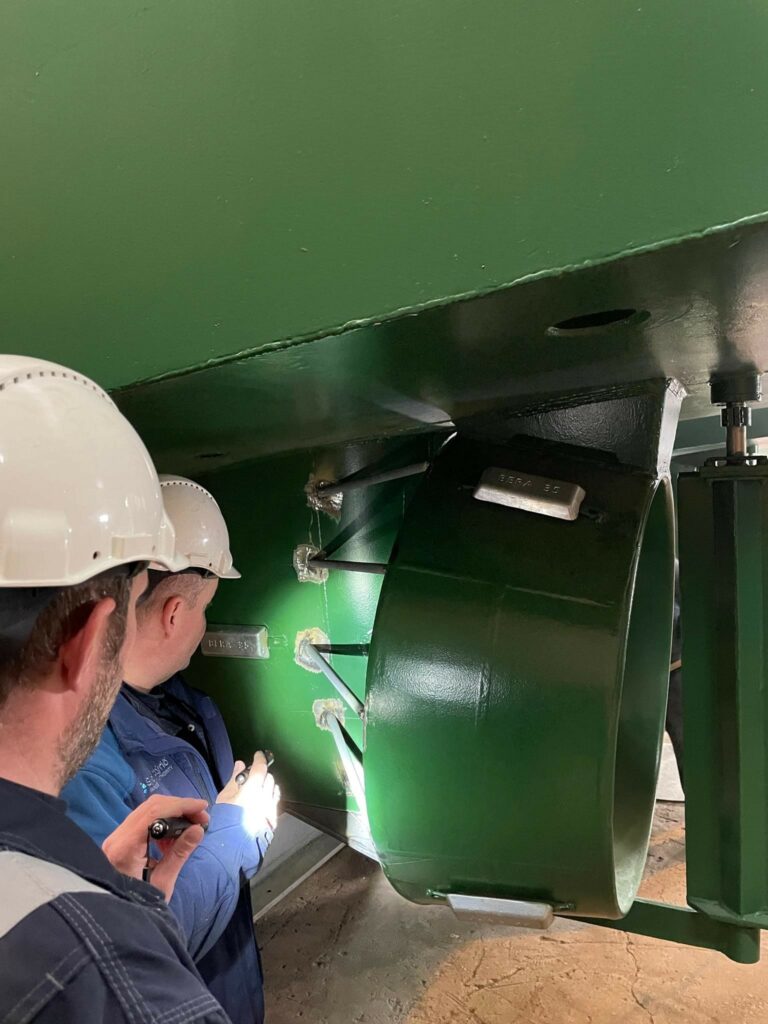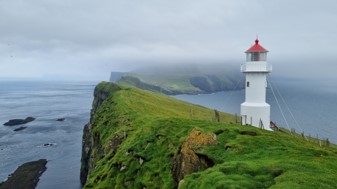The Faroese Maritime Authority – Introduction
The Faroe Maritime Authority (FMA) has operated in its current capacity since 2002. Before this, maritime regulation in the Faroe Islands was under Danish jurisdiction and was managed by various entities in the Faroe Islands, often in collaboration with Danish authorities.
The Faroe Maritime Authority is responsible for the safety and regulation of maritime activities in Faroese waters and oversees Faroese ships worldwide. It serves as a supervisory authority and ensures that Faroese ships comply with national and international standards concerning safety, environmental protection and crew welfare.
The FMA oversees all Faroese vessels, including:
- Aquaculture vessels (88).
- Fishing vessels >5 GT (267).
- Cargo vessels and passenger vessels (177).
- The FMA also manages the Faroe Islands International Ship Registry, which currently includes 79 vessels.
In total, the FMA currently oversees 611 vessels. Supervision of larger vessels has been outsourced to IACS class societies.
In addition to conducting ship inspections and issuing sailing permits, exemptions and permits, the FMA carries out investigations of maritime accidents and incidents to enhance safety at sea.
The Faroe Islands are an associated member of the IMO and actively participate in its activities. The Faroe Islands have adopted all IMO conventions.
The FMA issues certificates and approvals for seafarers. The number of seafarers in the Faroe Islands is relatively high compared to the population. Many hold certificates of competence as officers, either for the bridge or the engine room. Currently, 4,500 certificates of competence are in circulation and require regular renewal from the FMA
Lighthouse Authority and Aids to Navigation
On 1 June, 2024, the Faroe Islands took over responsibility for Lighthouse authority and aids to navigation from Denmark, and the FMA was assigned to manage the area. With their mission to enhance maritime safety, the new area of responsibility aligned perfectly with the FMA’s existing tasks.
The first lighthouses in the Faroe Islands were built in 1893, with a focus on the mail sailing routes between the islands and the entrances to main harbours. The lighthouses were built and operated by Danish authorities. Later, more lighthouses were established by both Danish and Faroese authorities, resulting in a dual operation of lighthouses while Denmark remained the authority. The legislation was Faroese, leading to a lack of coherence between the legislation and the jurisdiction of the authority.
Hence, in the fall of 2023, the Faroese Parliament unanimously decided that as of 1 June, 2024, the area of lighthouse authority and aids to navigation would be transferred from Denmark, and the Faroe Islands would take full responsibility for this area.
The Faroe Islands are now responsible for the management of 86 lighthouses.
Fish farming, the second largest industry in the Faroe Islands, also contributes significantly to the aids to navigation workload, particularly due to a high number of fish farming cages.
One of the first decisions the FMA made after the transfer was to apply for IALA membership. With this membership, the FMA, as the new authority, wants to send the signal that the Faroe Islands wish to follow regulations in this area. The FMA also sees IALA membership as an opportunity to enhance its competence as an authority and as individual staff members, and to benefit from the network within the organization.
The FMA also hopes that it can contribute to, and continue to participate in, the development of IALA.
The constitutional relationship between Denmark and the Faroe Islands
The Faroe Islands are an autonomous territory within the Kingdom of Denmark. While they are part of the Danish Realm, the Faroe Islands have their own government and parliament, known as the Løgting, which manage most domestic affairs. The relationship is governed by the Home Rule Act of 1948, granting the Faroese authority over many areas, such as education, health, and natural resources. Denmark retains control over certain matters such as foreign policy, defence, and the judicial system. Over time, the Faroe Islands have sought and received greater autonomy, including the transfer of additional powers from Denmark.



Rapporteur: Paul Ridgway
